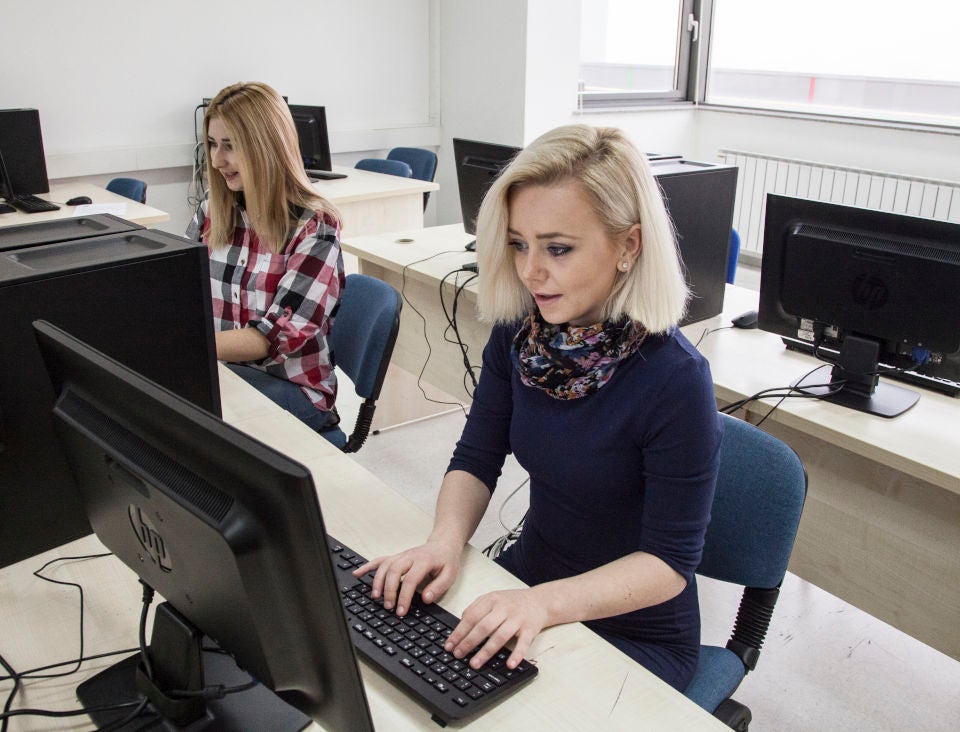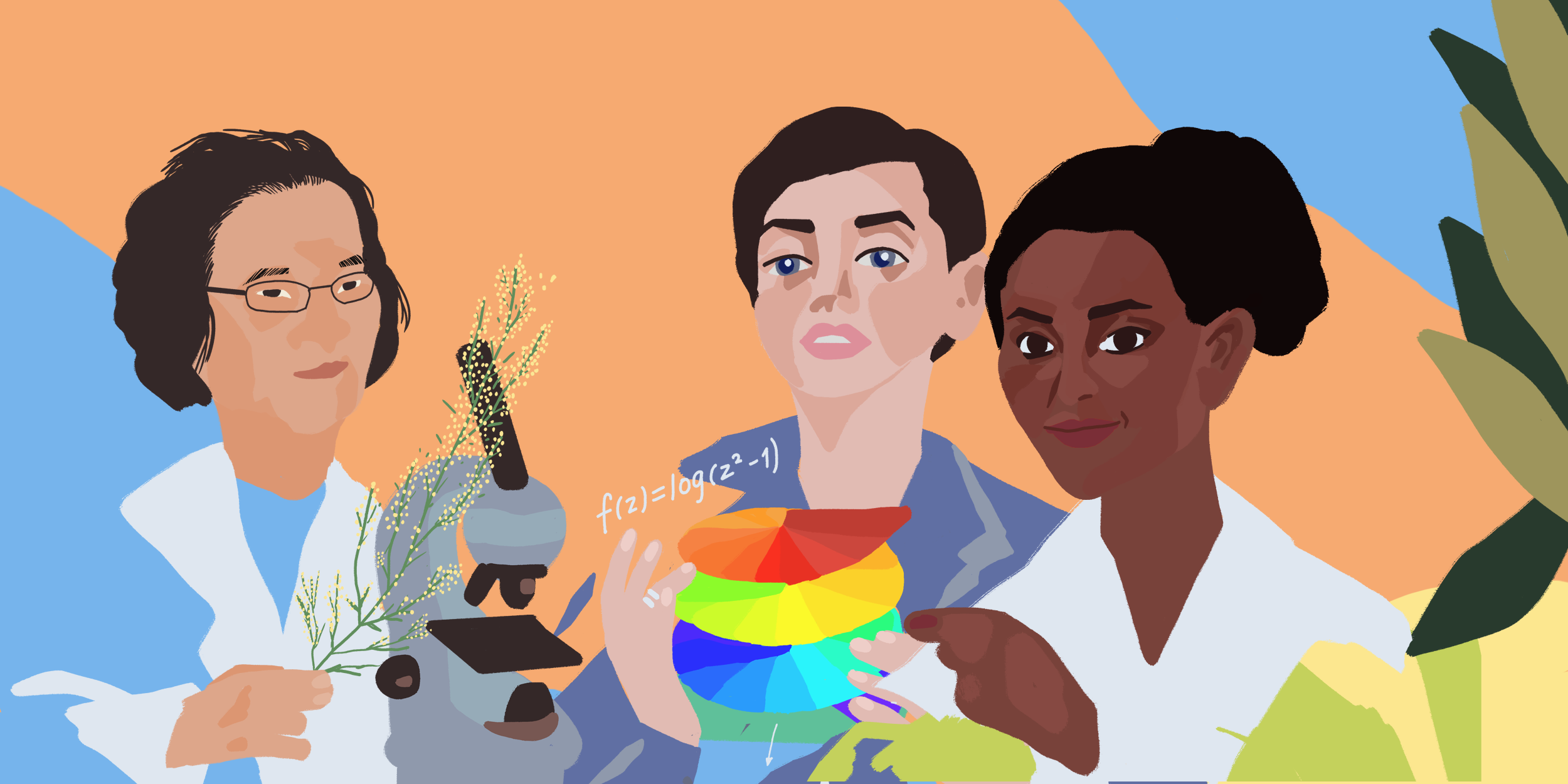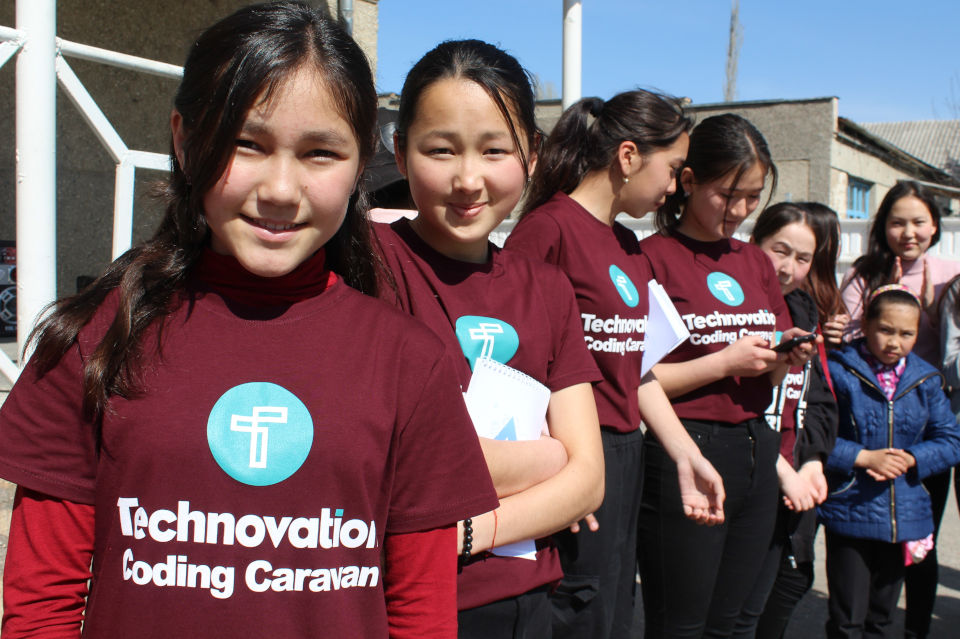In Focus: International Day of Women and Girls in Science

Top stories | Video | Social media
Science reflects the people who make it.
The world needs science, and science needs women and girls.
Today, just 30 per cent of researchers worldwide are women, and only 35 per cent of all students enrolled in STEM related fields of study are women.
In a statement for the International Day of Women and Girls in Science, UN Women Executive Director Phumzile Mlambo-Ngcuka calls on everyone to work together to empower all women and girls across the science fields.
Recent studies have found that women in STEM fields publish less, are paid less for their research, and do not progress as far as men in their careers. Girls are often made to believe they are not smart enough for STEM, or that boys and men have natural affinity for the field.
Despite these setbacks, women and girls continue to lead innovation and ground-breaking research. They have created life-saving medicine and broken the sound barrier, explored the universe and laid the foundation to understand the structure of DNA. They are inspiring role models for our future generations.
Our future will be marked by scientific and technological progress, which can only be achieved when women and girls are creators, owners, and leaders of science, technology and innovation. Bridging the gender gap in STEM is vital to achieving the Sustainable Development Goals and for creating infrastructure, services and solutions that work for all people.
On 11 February, we’re celebrating International Day of Women and Girls in Science and calling on everyone to smash stereotypes, defy gender biases and defeat discrimination that hold women and girls back in STEM fields.
The business community, science and research institutions have a stake in bridging the gender gap. UN Women calls for investment and opportunities for women and girls to learn, grow and innovate in science and technology, and for companies around the world to adopt the Women’s Empowerment Principles that promote gender equality and women’s empowerment in the workplace, marketplace and the community.
Top stories
Video: Why support women and girls in science and technology?
Despite progress in ensuring opportunities for women in STEM fields, women and girls continue to be systematically underrepresented as users and leaders in the fields of science, technology, engineering and mathematics. In order to achieve the sustainable development goals, we need to ensure full and equal access to and participation in science for women and girls.
Follow us:
@unwomeneca on Twitter
UN Women Europe and Central Asia on Facebook
UN Women Europe and Central Asia on Youtube
UN Women Europe and Central Asia on Flickr


